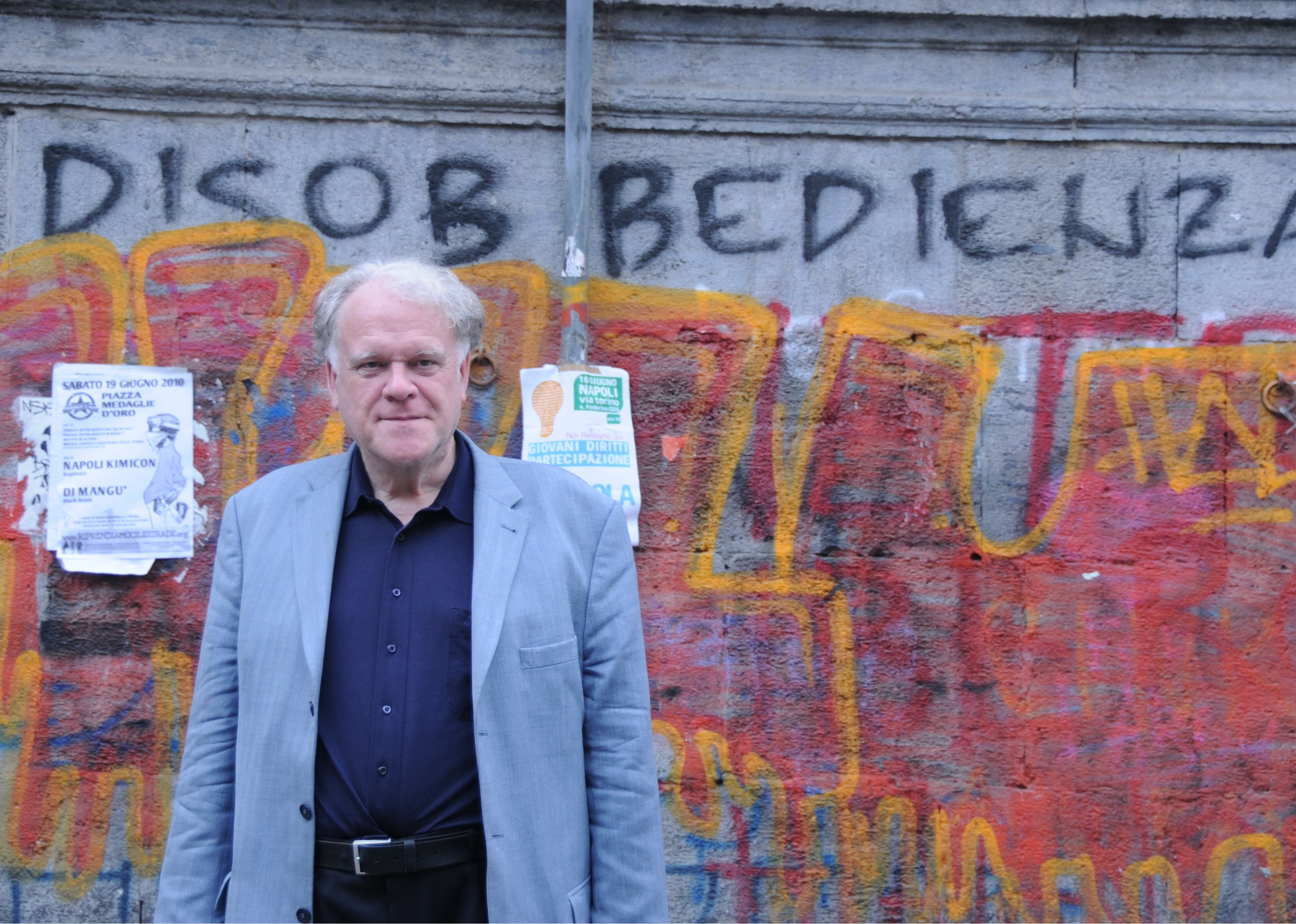The Other Trial in The Brothers Karamazov
DOI:
https://doi.org/10.13136/1013-2309/1461Abstract
The Brothers Karamazov ends with one of the most famous criminal trials in world literature, but few readers remember that it begins with a frivolous civil suit: Pyotr Miusov’s dispute with the monastery over land rights. The lawsuit drags on for years, and it gives Miusov a pretext for joining the Karamazov family on their visit to the Elder Zosima at the beginning of the novel. In this essay, I argue that far from inconsequential, Miusov’s lawsuit establishes the novel’s concerns about boundaries and their relationship to justice. This legal dispute over the monastery’s borders sets up a contrast between legal justice, predicated on (often meaningless) binaries, and an alternative vision of justice based on inclusion and shared responsibility. Miusov’s interest in defining the monastery’s boundaries is juxtaposed with Zosima’s view of the monastery walls as porous. I draw on Al Katz’s Boundary Theory to explore how these two opposing views of the monastery’s borders offer spatial way to think about the novel’s moral questions. Miusov’s unresolved property dispute may seem far less weighty than the murder trial, but it introduces the legal system’s reductionist binary logic of mine or yours, right or wrong, innocent or guilty. At the end of the novel, that same logic will cause the wrong man to be convicted through a “judicial error.”
Keywords: Dostoevsky; The Brothers Karamazov; Boundary Theory; Law and Literature; Binaries; Brotherhood
Downloads
Published
Issue
Section
License
Copyright (c) 2025 Erica Drennan

This work is licensed under a Creative Commons Attribution-NonCommercial-ShareAlike 4.0 International License.
Authors must attend to the following conditions:
- Authors will retain copyright of their work but give the journal first publishing rights. Articles will be simultaneously licensed by a Creative Common License - Attribution - No Commercial Use that permits other researchers to share the work by indicating the author’s intellectual property and its first publishing in this journal not for commercial use.
- Authors can adhere to other license agreements not exclusive to the distribution of the published version of their work (for example: include it in an institutional archive or publish it in a monograph) as long as they indicate that it was first published in this journal.
- Authors can disseminate their work (for example in institutional repositories or on their personal website) before and during the submission procedure, as it can lead to advantageous exchanges and citations of the work (see also, The Effect of Open Access).
If you have questions, you may contact:
or
dostoevsky-studies@ateneo.univr.it




